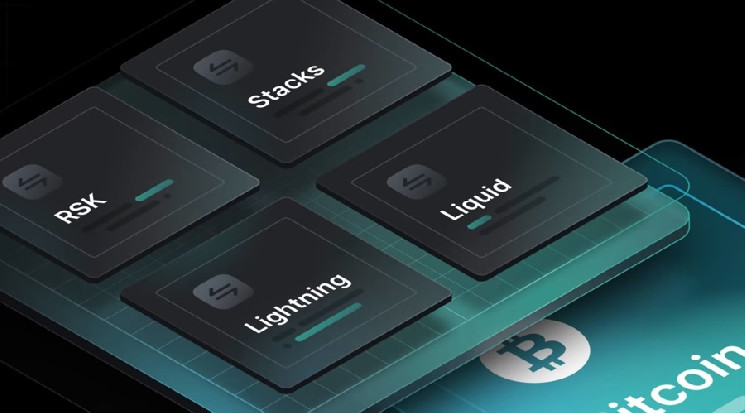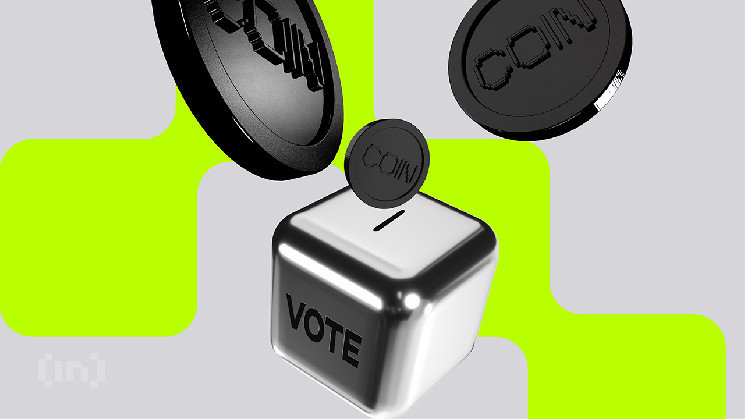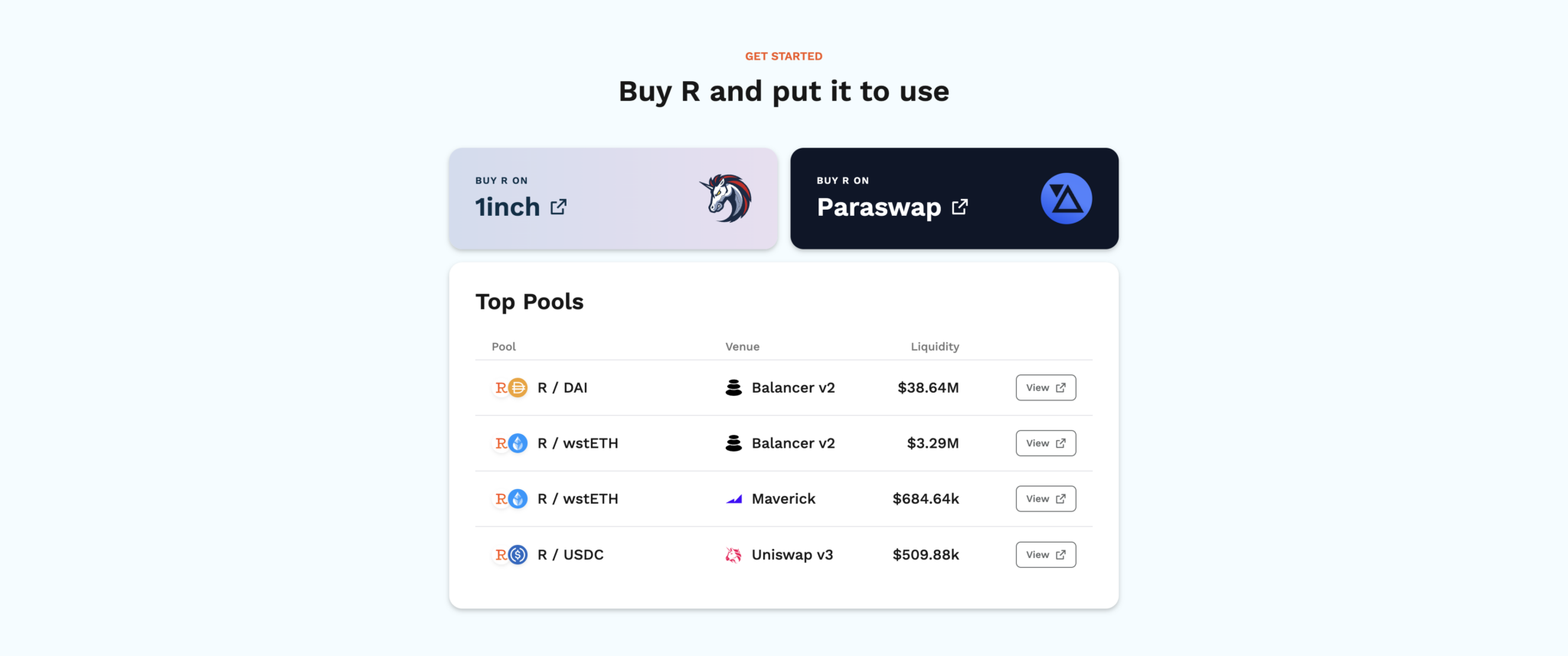Bitcoin’s growing layer 2 ecosystem has gained a boost with the integration of Stacks into institutional digital asset provider Haruko’s framework. The move will make it easier for institutions to gain exposure to Bitcoin assets and DeFi products, which can be traded on Stacks’ scalable L2.
Stacks is one of the leading layer 2s developing use cases for Bitcoin with the goal of unlocking the $1 trillion in dormant capital that exists on its decentralized protocol. Over the past 12 months, Stacks has seen a plethora of dapps and protocols launch on its L2, transforming Bitcoin DeFi from an idea into a working reality.
Institutional-Grade DeFi on Demand
While institutions are no stranger to Bitcoin, thanks largely to the ETF approval that has given Wall Street firms exposure to the digital asset, they’ve largely been limited to holding BTC on their balance sheets. The prospect of decentralized finance on Bitcoin rails has the potential to expand this capability to encompass a wide range of use cases with the tantalizing proposition of real yield through services such as lending and stablecoin issuance.
The relative newness of Bitcoin L2s, coupled with the newness with which institutions have entered the crypto industry, means the vast majority of financial firms have zero experience of this domain. Enter Haruko, which specializes in helping enterprises master the emerging Bitcoin L2 landscape.
As Haruko CEO Shamyl Malik explains, “By integrating Stacks’ advanced Bitcoin layer, we can provide our clients with greater flexibility, security, and efficiency in managing their digital asset portfolios. This marks a significant milestone in our mission to deliver cutting-edge solutions for institutional digital asset management.”
Asset Management Onchain
Thanks to Haruko’s Stacks integration, users of its digital asset platform will be able to track and manage their investments in STX as well as other tokens and coins on its L2. This will give institutions including hedge funds the ability to trade, manage risk and generate reports detailing their STX holdings. In this manner, investors can access decentralized financial services through a centralized platform while maintaining full compliance.
The integration means Haruko clients will be able to manage all of their Bitcoin investments in one place and to easily track their onchain activities. Both fungible and non-fungible tokens can be managed, with the Haruko platform making it easier to visualize onchain transfers and keep track of digital portfolios.
Stacks is at the vanguard of the multi-billion dollar Bitcoin scaling landscape, its L2 emerging as one of the most well-equipped networks for hosting this new wave of economic activity. The forthcoming upgrade to the Stacks network, dubbed Nakamoto, will provide greater throughput, security, and support low fees for the benefit of high volume dapps.
While institutional investors have largely limited themselves to BTC and ETH up until now, given the SEC approval these assets have received, more adventurous funds have begun to explore DeFi. Stacks has the regulatory green light to host this sort of activity, having been sure to maintain compliance since day one. This includes ensuring the token sale for STX was approved by the SEC for issuance to accredited investors.
The STX token is up 2x for the year to date, as the rising price of BTC has lifted correlated assets with it while keeping the multi-year bull market ticking over. Last month, it was revealed that Grayscale has launched two new trusts, one of which will invest exclusively in STX.
Sourced from cryptonews.net.










